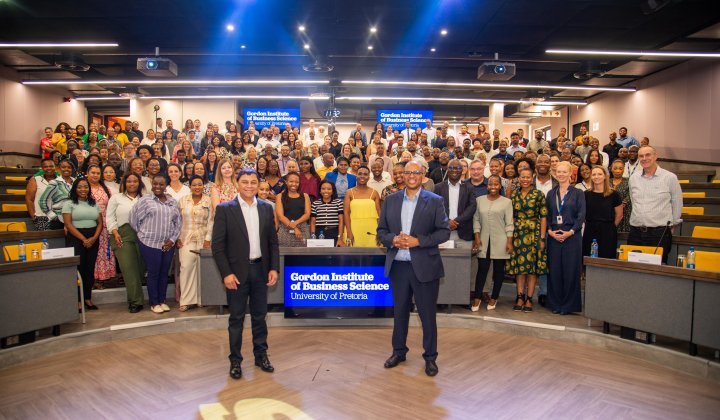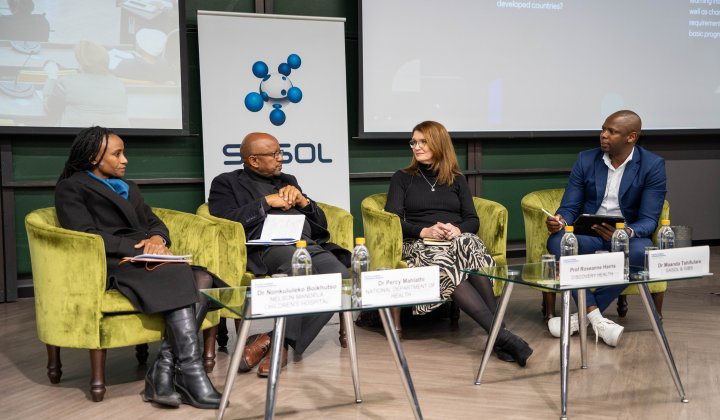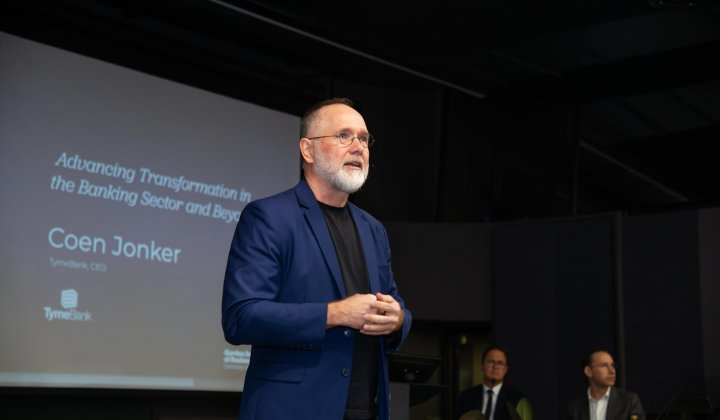Business has a responsibility to play a leading role in combatting the corruption which threatens South Africa’s future.
“There is deep public scepticism about anti-corruption discussions and declarations, which don’t seem to deliver genuine, practical change,” the director of the GIBS Centre for Business Ethics, Gideon Pogrund, said.
Speaking at the launch of the anti-corruption working guide for corporate executives, board members and managers, published in partnership with Business Leadership South Africa (BLSA), Pogrund said only action leading to concrete results will help lift the despondent mood in our country. But for that to happen, anti-corruption conversations must shift.
Waging an effective fight against corruption
In his keynote address at the forum, Chief Justice Raymond Zondo recommended business consider establishing a fund to assist whistle-blowers, who are subjected to “all kinds of hardships. We must make sure that whistle-blowers are protected and that are given incentives.”
In order to wage an effective fight against corruption, Zondo said those who are tempted to engage in corruption must know there was a good chance they would be found out. Secondly, they must know that once they have been found out, they would face serious adverse consequences.
“We need to envisage the South Africa we want to have in 2050. That South Africa mustn’t be characterised by corruption and state capture,” he added.
“Business is the only social partner with disproportionate resources. We have to utilise our disproportionality to deal with the ills that we face as a country,” CEO of Business Leadership SA, Busisiwe Mavuso, said. The partnership between business and the National Prosecuting Authority allocating R20 million to provide resources to enable effective prosecution is one such example.
“Let us also be under no illusion, corruption is ingrained into our national culture,” Neal Froneman, CEO of Sibanye-Stillwater and head of the National Energy Committee’s Crime and Corruption Workstream said.
While “corruption is systemic, business in South Africa is more ready than ever to take a stand,” he added.
Restoring trust
Dion Shango, CEO of PwC Africa, said while it was easy to be lulled into a sense of believing corruption is only a public-sector problem, the private sector has to acknowledge the role it played. "The issue of corruption and state capture is far too daunting and far too complex to be resolved or addressed by only one particular actor or stakeholder in society. More than ever, we need to collaborate through structures such as BLSA.”
Restoring trust in institutions starts with culture and tone at the top, Shango said. “So much in our country goes wrong simply by virtue of poor leadership. We know what’s gone wrong, and we know we don’t want to see it repeated. What can each of us, collectively or individually, do in order to make sure that we prevent history being repeated?”
Among a very distinguished audience at the Forum were SARS commissioner Edward Kieswetter and British anti-apartheid activist Lord Peter Hain.





